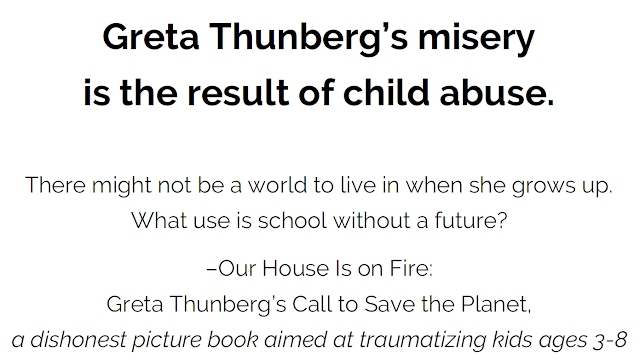Kate Bush - Running up that Hill
 |
p. 453 of the pdf of Losing My Religions. |
In addition to running One Step for Animals with me, Anne is a substitute Educational Assistant at the local high school, where she works with special needs kids. ("Kids" is used loosely - some of them are 20 years old.)
In a science class, the lesson said that while climate change might seem daunting, our history of dealing with ozone depletion shows that we can do it.
Now to be clear, the way the countries of the world came together and passed the Montreal Protocol was incredibly impressive. That this was done relatively soon after the discovery of the ozone hole and its cause makes it all the more amazing:
Former UN Secretary-General Kofi Annan stated that "perhaps the single most successful international agreement to date has been the Montreal Protocol." ... These truly universal treaties have also been remarkable in the expedience of the policy-making process at the global scale, where only 14 years lapsed between a basic scientific research discovery (1973) and the international agreement signed (1985 and 1987).
However, for all intents and purposes, the switch to ozone-friendly chemicals had zero impact on people's everyday lives.
This is simply not the case with climate change. It is somewhat difficult to think of something that would have a greater impact on everyone's lives than actually addressing climate change.
Of course, there are also those determined to squelch any meaningful action, from the fossil fuel industries and Republicans to environmentalists and NIMBYs.
All of which is to say we damn well better start preparing for the world of tomorrow.
If you found this useful, please share it. Thanks so much!
3 comments:
I am not convinced at all that there is anything "we" can realistically do to prevent the climate from changing. This is especially true with all the constraints being applied (no nukes, no natural gas as a transition fuel, etc.). At the same time, the increase in mining required for higher renewables is daunting and will cause its own set of issues.
Even if the human species died out and stopped all energy activities the climate would continue to change in accordance with the larger cycles. Burning fossil fuels helped get us to this point, but this is where we are. This is the new baseline.
Rather IMHO, we need to be hardening our infrastructure to withstand the changes that will occur, regardless of other actions.
I am not convinced at all that there is anything "we" can realistically do to prevent the climate from changing. This is especially true with all the constraints being applied (no nukes, no natural gas as a transition fuel, etc.). At the same time, the increase in mining required for higher renewables is daunting and will cause its own set of issues.
Even if the human species died out and stopped all energy activities the climate would continue to change in accordance with the larger cycles. Burning fossil fuels helped get us to this point, but this is where we are. This is the new baseline.
Rather IMHO, we need to be hardening our infrastructure to withstand the changes that will occur, regardless of other actions.
Tony, are you my doppelganger? I am only 50% kidding.
(Have you read "Losing My Religions"? I think you could have written some of it.)
Post a Comment